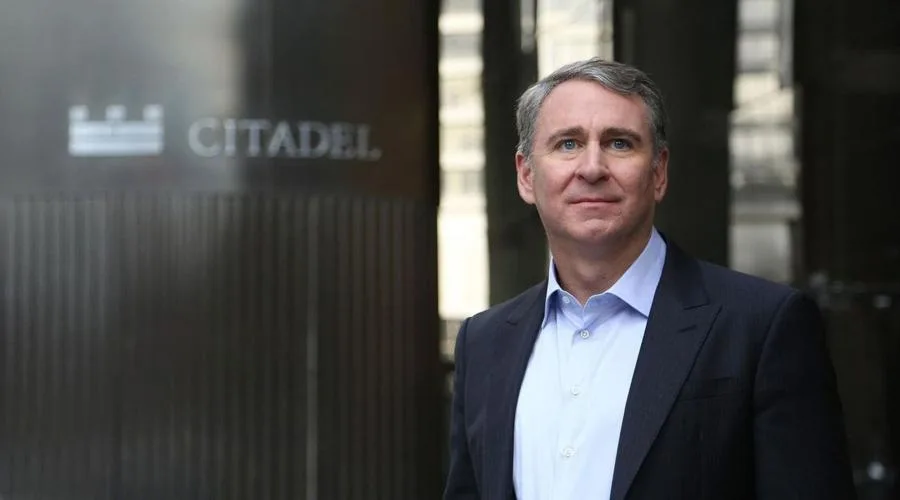Hedge fund billionaire Ken Griffin, known for his generous donations to Harvard University, has decided to halt his contributions to his alma mater, citing concerns about the direction of elite schools and their focus on diversity, equity, and inclusion (DEI) policies. Griffin’s decision reflects a growing trend among wealthy donors who are reevaluating their support for Ivy League institutions.
During a conference in Miami, Griffin expressed frustration with the state of American universities, particularly highlighting the recent testimony before Congress by the presidents of Harvard, MIT, and UPenn as disastrous. He emphasized the need for these institutions to prioritize educating young American men and women to become leaders and problem solvers, rather than getting caught up in what he perceives as excessive focus on microaggressions and DEI agendas.
Griffin’s decision to withdraw financial support from Harvard comes after decades of generous contributions, totaling over $500 million. In April, he made a $300 million gift to Harvard’s Faculty of Arts and Sciences, praising the institution for its commitment to advancing ideas that shape humanity’s future. However, his concerns about the direction of elite schools and their DEI policies have led him to reconsider his support.
The backlash from donors at Ivy League schools raises questions about the influence wealthy individuals hold over educational institutions. Griffin’s decision to halt his donations highlights the growing dissatisfaction among donors who believe that these institutions have lost sight of their core mission.
Griffin also expressed concerns about the impact of DEI policies on campus culture. He questioned whether elite universities would return to their roots of educating American children to become future leaders or continue to prioritize microaggressions and an endless DEI agenda. DEI policies have become a contentious issue, with some arguing that they have gone too far.
In addition to his decision to stop financial support, Griffin stated that he would not hire students who signed an anti-Israel statement issued by Harvard organizations in October. However, he emphasized the importance of not generalizing all students who belonged to groups that signed the statement, cautioning against painting them all with the same brush.
Griffin’s stance reflects a broader sentiment among major Harvard donors. Notable figures such as Leslie Wexner, former Victoria’s Secret billionaire, and Len Blavatnik, whose family foundation has donated millions to Harvard, have also halted their donations to the university.
The donor backlash at Ivy League schools raises important questions about the influence of wealthy individuals on educational institutions. It highlights concerns about the direction of elite universities and their commitment to fostering future leaders. As the debate surrounding DEI policies continues, it remains to be seen how these institutions will respond to the growing dissatisfaction among donors and the broader public.
In conclusion, Ken Griffin’s decision to halt his donations to Harvard University reflects his concerns about the direction of elite schools and their focus on DEI policies. His decision joins a growing list of donors who are reevaluating their support for Ivy League institutions. The backlash from donors raises questions about the influence of wealthy individuals on educational institutions and highlights the need for these institutions to prioritize their core mission of educating future leaders.

